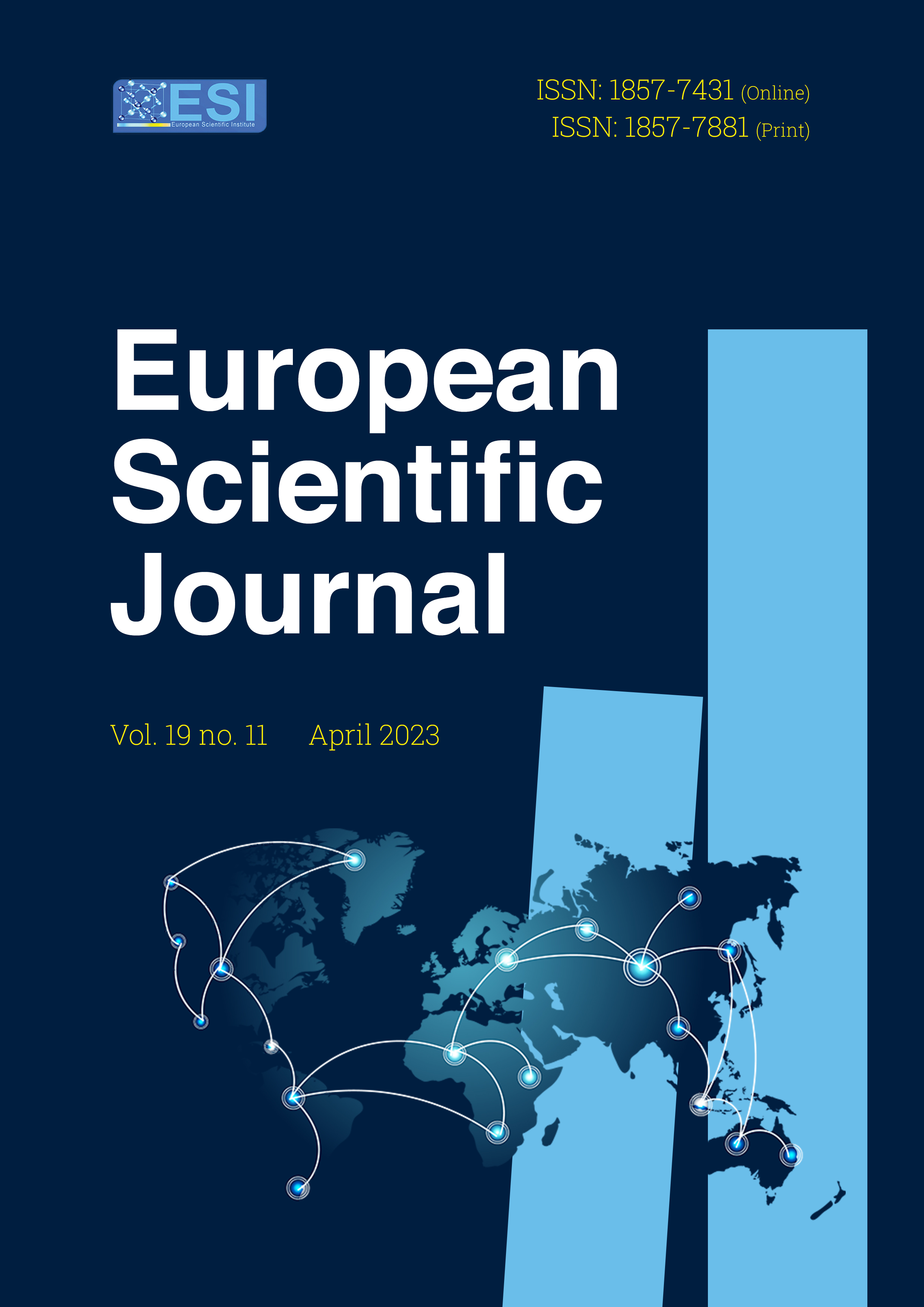Cryptocurrency Abuse for the Purposes of Money Laundering and Terrorism Financing: Policies and Practical Aspects in the European Union and North Macedonia
Abstract
The number of countries that express concern for the danger of using cryptocurrencies for illegal activities among which are money laundering and terrorism financing is increasing. Cryptocurrencies are virtual assets created and managed through advanced computer encryption and operate on a decentralized network known as a blockchain. The key issue of concern and attention in the world is the anonymity and pseudonymity of cryptocurrencies, which prevents proper monitoring of transactions by state institutions and allows the completion of suspicious transactions outside the regulated systems. The paper provides an overview and elaborates the existing European legal framework and the measures and activities undertaken by the Republic of North Macedonia, harmonized with the European ones, in the fight against money laundering and terrorist financing in the crypto sector. For that purpose, the legal documents adopted at EU level, as well as those adopted by North Macedonia are analyzed and discussed. At the end, the paper clearly brings out a major way in which the abuse on the use of crypto-currency can be stopped at the international level.
Downloads
References
https://ag-pssg-sharedservices-ex.objectstore.gov.bc.ca/ag-pssg-cc-exh-prod-bkt-ex/258%20-%20002%20Appendix%20B%20-%202020-Geography-of-Crypto%201.pdf
2. Chainalysis (2021). The 2021 Geography of Cryptocurrency Report: Analysis of Geographic Trends in Cryptocurrency Adoption and Usage.
https://go.chainalysis.com/rs/503-FAP-074/images/Geography-of-Cryptocurrency-2021.pdf
3. FATF. Easy Guide to FATF Standards and Methodology. Virtual Asssets: What, When, How? https://www.fatf-gafi.org/media/fatf/documents/bulletin/FATF-Booklet_VA.pdf
4. Fletcher Emily, James Larkin Charles, Corbet Shaen. (2020). Cryptocurrency Regulation: Countering Money Laundering and Terrorist Financing. SSRN Electronic Journal.
5. Harold James. (2018). Throughout time, new currency has been associated with mystical qualities, and Bitcoin is no exception. Finance & Development. 55:2.
6. Houben Robby, Snyers Alexander. (2018). Cryptocurrencies and blockchain: Legal context and implications for financial crime, money laundering and tax evasion. European Parliament. https://www.europarl.europa.eu/cmsdata/150761/TAX3%20Study%20on%20cryptocurrencies%20and%20blockchain.pdf
7. Information received from the Financial Intelligence Unit through a submitted Request for free access to public information (submitted electronically on 26.12.2021, received a response on 28.12.2021)
8. Law on Prevention of Money Laundering and Financing of Terrorism ("Official Gazette of the Republic of North Macedonia" No. 151/2022)
9. Law on Prevention of Money Laundering and Financing of Terrorism ("Official Gazette of the Republic of Macedonia" No. 120/2018 and "Official Gazette of the Republic of North Macedonia" No. 275/2019 and 317/2020)
10. Macedonian Banking Association, Comments and Questions on the Draft Law on Prevention of Money Laundering and Terrorist Financing, https://ener.gov.mk
11. NBRM. Questions and Answers for the Crypto-Assets, https://www.nbrm.mk/prashanja-i-odgovori-za-kripto-sredstvata.nspx
12. Proposal for a Regulation of the European Parliament and of the Council on information accompanying transfers of funds and certain crypto-assets (recast) COM/2021/422 final, https://eur-lex.europa.eu/legal-content/EN/TXT/?uri=CELEX%3A52021PC0422
13. Ratnatunga Janek. (2021). Money Laundering: Fiat Currency vs Cryptocurrency. Journal of Applied Management Accounting Research. 19:1.
14. Rysin Vitali. (2021). Vulnerability of virtual assets to illicit financial flows. Economics, Entrepreneurship, Management. 8:1.
15. Tookitaki. (2021). The Rise in Cryptocurrency Money Laundering Cases in 2021. https://www.tookitaki.ai/news-views/the-rise-in-cryptocurrency-money-laundering-cases-in-2021/
16. Velkes Gabrielle Chasin. (2021). International Anti-Money Laundering Regulation of Virtual Currencies and Assets. Journal of International Law & Politics. 52:875. https://www.nyujilp.org/wp-content/uploads/2020/10/NYI304.pdf
Copyright (c) 2023 Ice Ilijevski, Goran Ilik, Kire Babanoski

This work is licensed under a Creative Commons Attribution-NonCommercial-NoDerivatives 4.0 International License.







.jpg)
